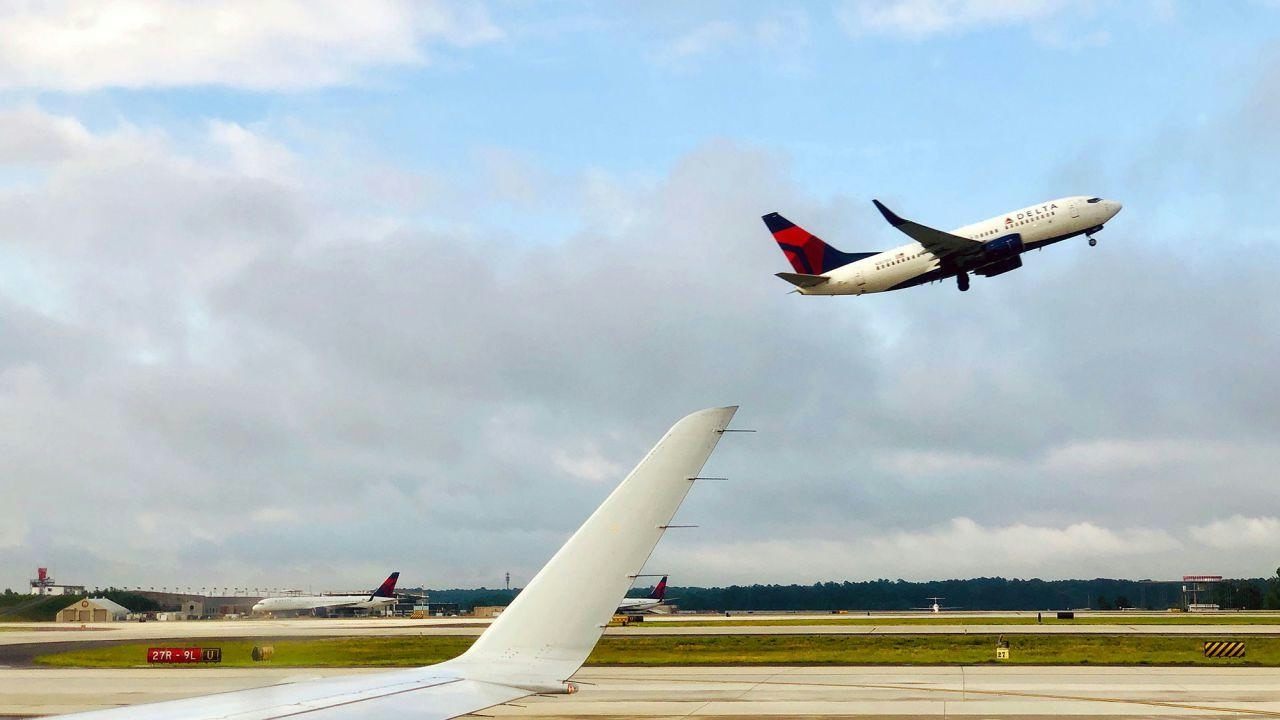AeroGenie — Your Intelligent Copilot.
Trending
Categories
Delta Air Lines Resumes Nonstop Flights to Hong Kong After Eight Years

Delta Air Lines Resumes Nonstop Flights to Hong Kong After Eight Years
Delta Air Lines is poised to re-enter the competitive trans-Pacific market with the resumption of nonstop flights between Los Angeles International Airport (LAX) and Hong Kong International Airport (HKG). This marks the airline’s return to Hong Kong after an eight-year hiatus and signals a renewed commitment to expanding its global reach by directly connecting the U.S. West Coast to one of Asia’s foremost financial centers.
Strategic Reentry into a Crowded Market
Although Delta has yet to officially announce the launch date or flight frequency, industry insiders suggest the announcement is imminent. The service is expected to be operated using Delta’s Airbus A350-900 aircraft, which offers long-range capabilities alongside enhanced passenger comfort. The LAX-HKG route is currently dominated by established carriers, with United Airlines operating two daily flights and Cathay Pacific offering three. American Airlines previously served the route but withdrew prior to the pandemic due to underperformance. Delta’s return is anticipated to intensify competition, raising questions about how the airline will distinguish itself in a market already saturated with strong incumbents.
Unlike its competitors, Delta lacks a substantial regional network or strong local partnerships in Hong Kong. Cathay Pacific benefits from its extensive Asian network and membership in the oneworld alliance, while United leverages its Star Alliance connections. Delta, in contrast, will primarily depend on its domestic network at LAX to feed traffic onto the Hong Kong route. This approach represents a strategic shift away from Delta’s earlier reliance on Seoul Incheon (ICN) as a connecting hub for Asia, reflecting a broader realignment of its Asia-Pacific strategy.
Challenges and Competitive Dynamics
Delta’s return to Hong Kong faces several challenges. The airline’s recent introduction of “Basic” premium cabin fares has attracted criticism from some passengers, potentially diminishing its appeal among business travelers on this long-haul route. Furthermore, United Airlines may respond to Delta’s reentry with fare adjustments or service enhancements to protect its market share. The competitive environment is further complicated by Delta’s recent expansion of new routes from Seattle to Europe and its unbundling of business class offerings—strategies that have drawn comparisons to those employed by other carriers such as Alaska Airlines.
Market analysts will be closely monitoring how Delta positions itself amid these dynamics. The airline’s ability to attract passengers without the advantage of a strong regional partner in Hong Kong, and in the face of aggressive competition, will serve as a critical test of its trans-Pacific ambitions.
Delta’s planned nonstop service between Los Angeles and Hong Kong not only marks a significant comeback for the airline but also underscores the evolving strategies of U.S. carriers as they navigate the post-pandemic aviation landscape. As Delta prepares to challenge established players on one of the world’s busiest long-haul routes, the stage is set for renewed competition and shifting alliances in trans-Pacific travel.

Capital A Completes Sale of Aviation Business to AirAsia X

Four Gateway Towns to Lake Clark National Park

PRM Assist Secures €500,000 in Funding

Should Travelers Pay More for Human Support When Plans Go Wrong?

InterGlobe Aviation Shares Rise 4.3% Following January Portfolio Rebalancing

Key Market Segments Shaping Airline Route Profitability Software

Locatory.com Gains Traction Among Aviation MROs and Suppliers

JetBlue Flight Makes Emergency Landing Following Engine Failure

58 Pilots Graduate from Ethiopian University

The Engine Behind Boeing’s Latest Widebody Aircraft
